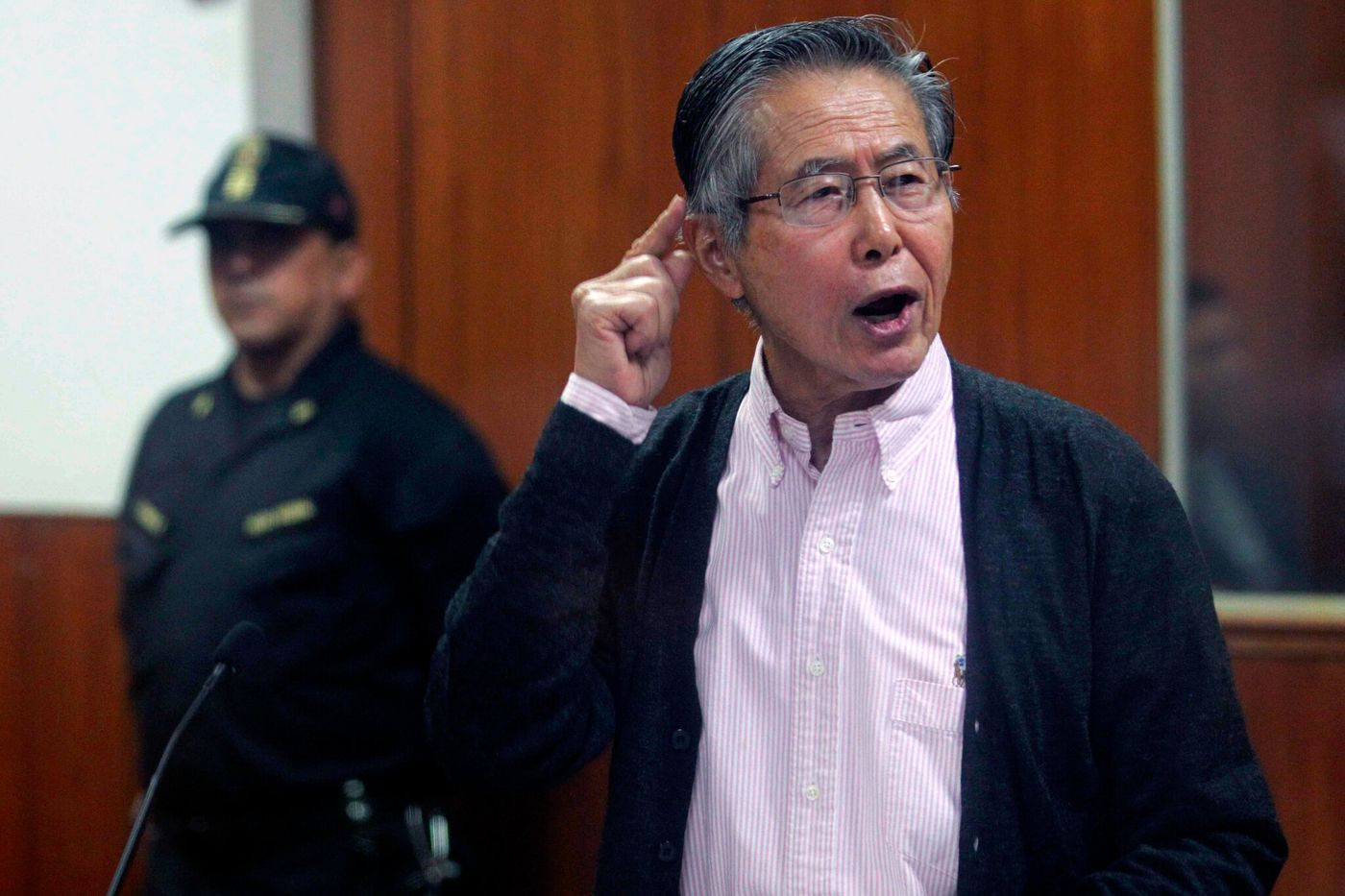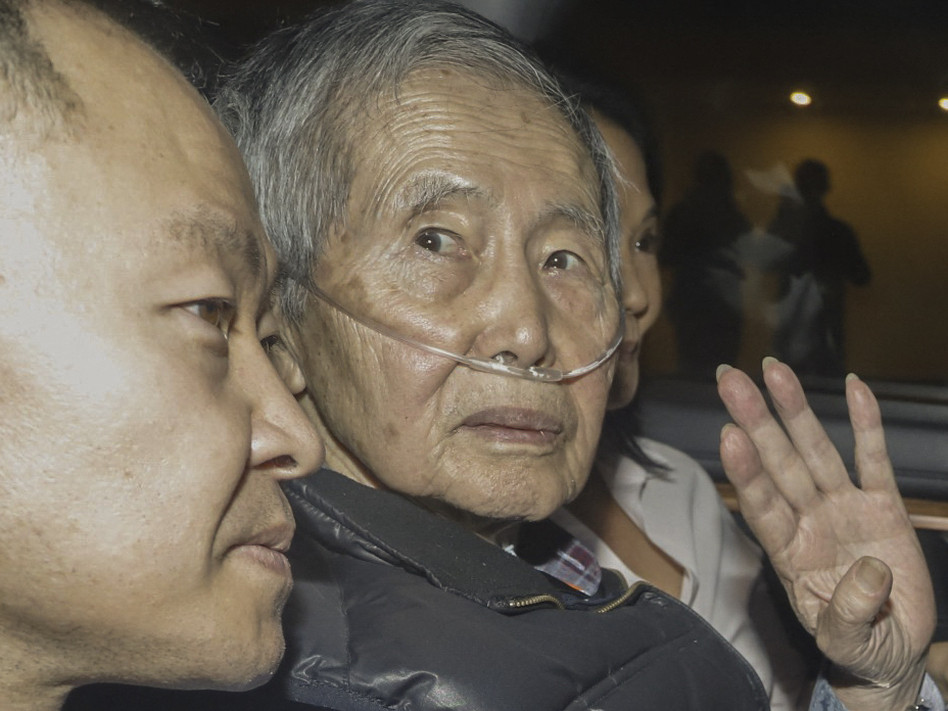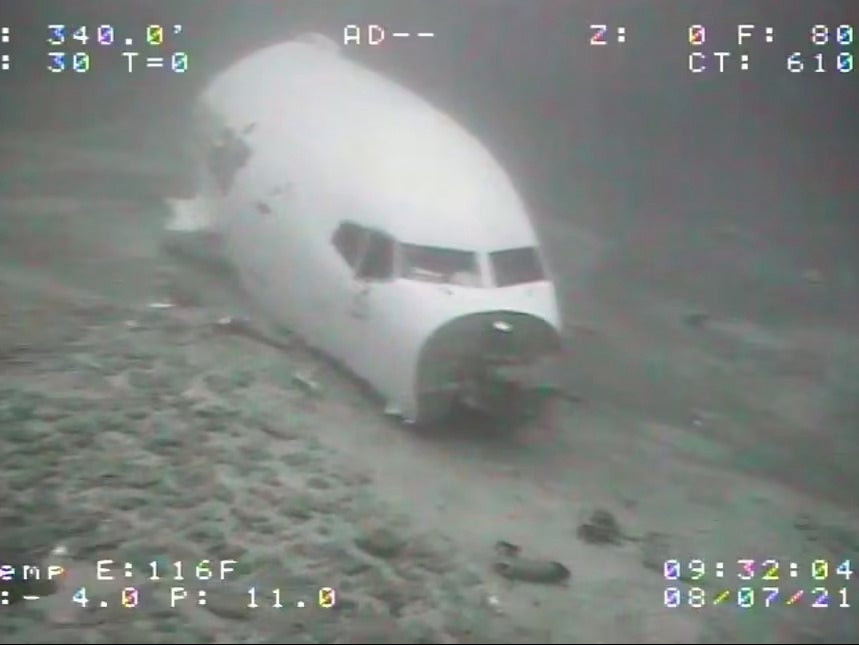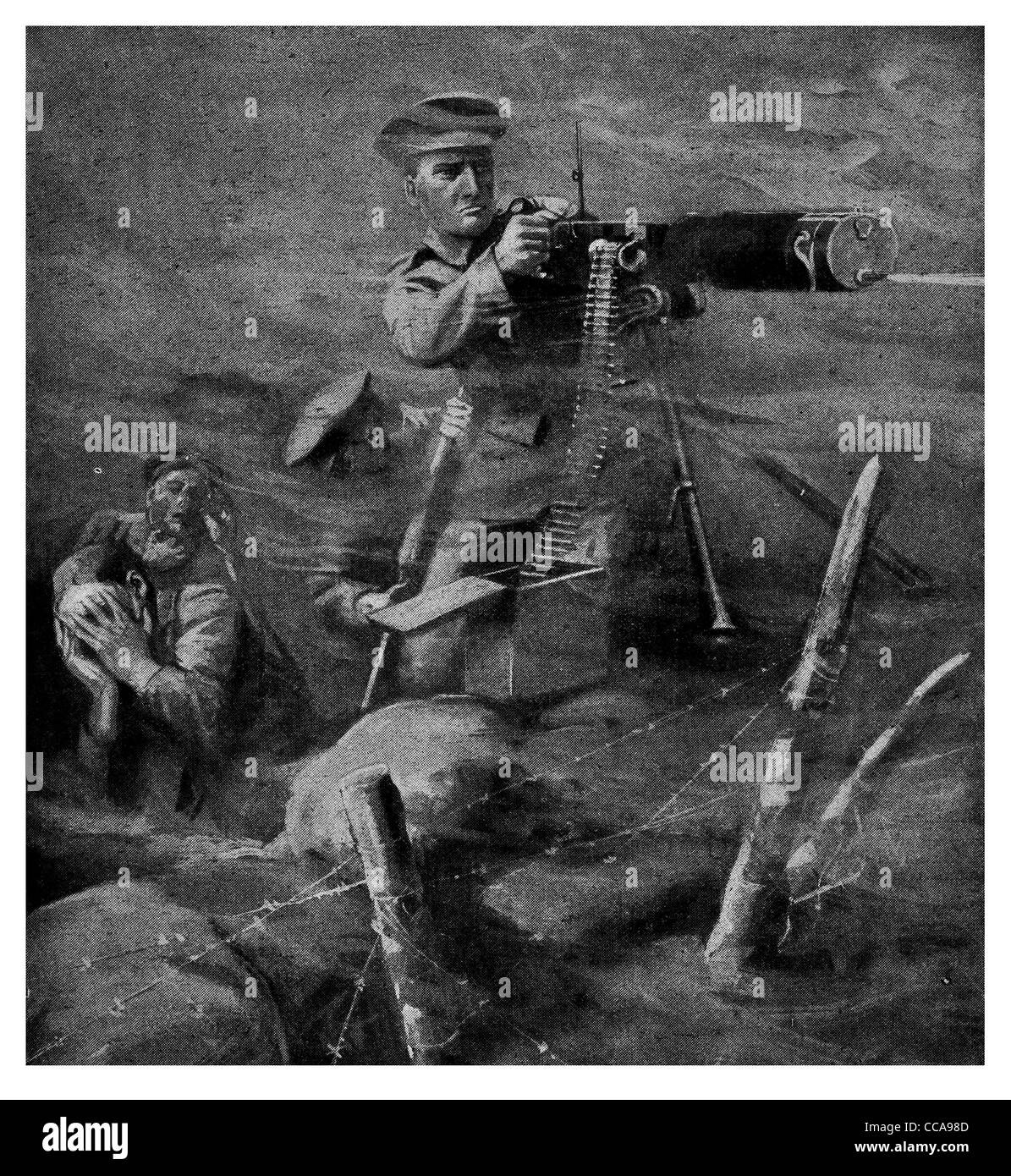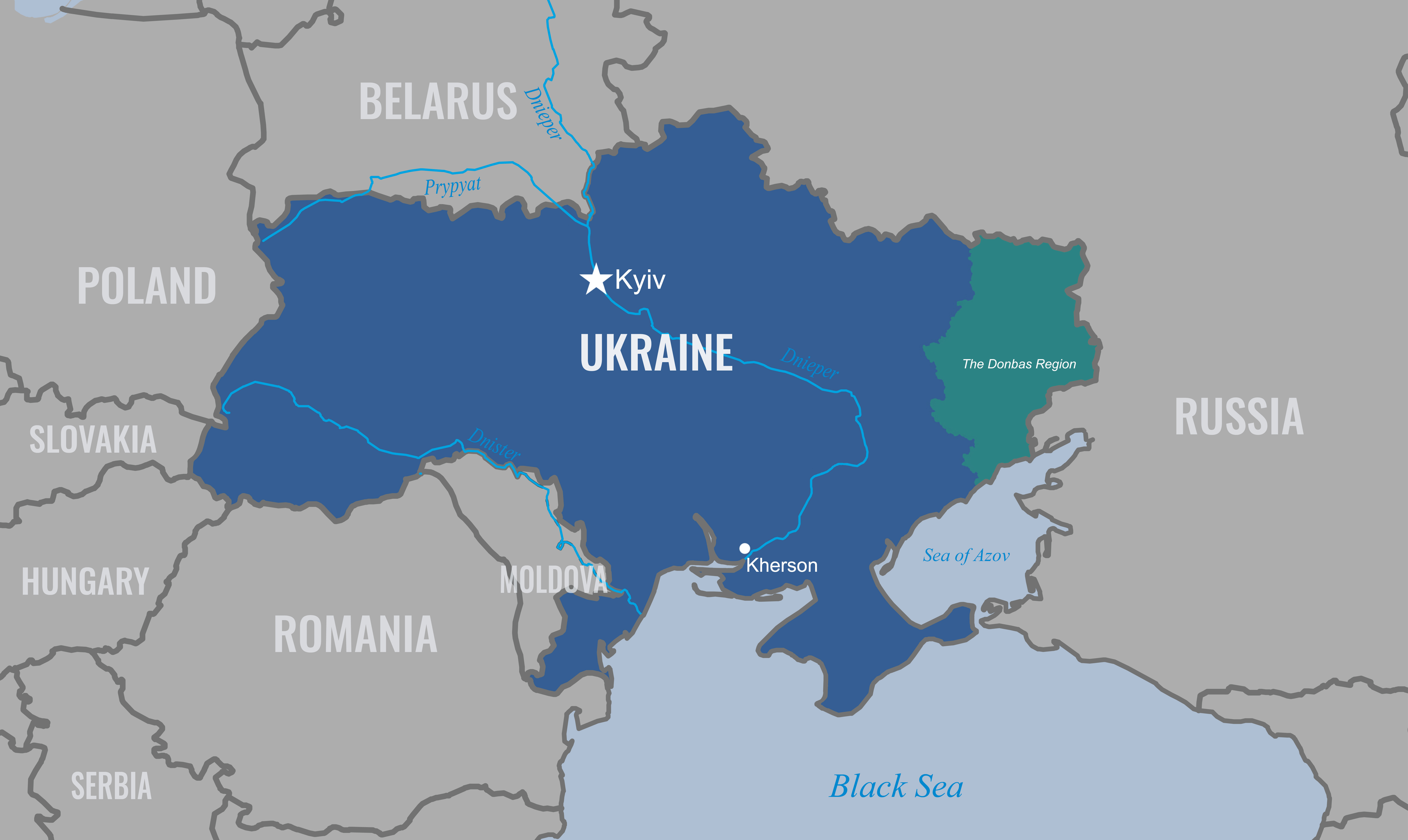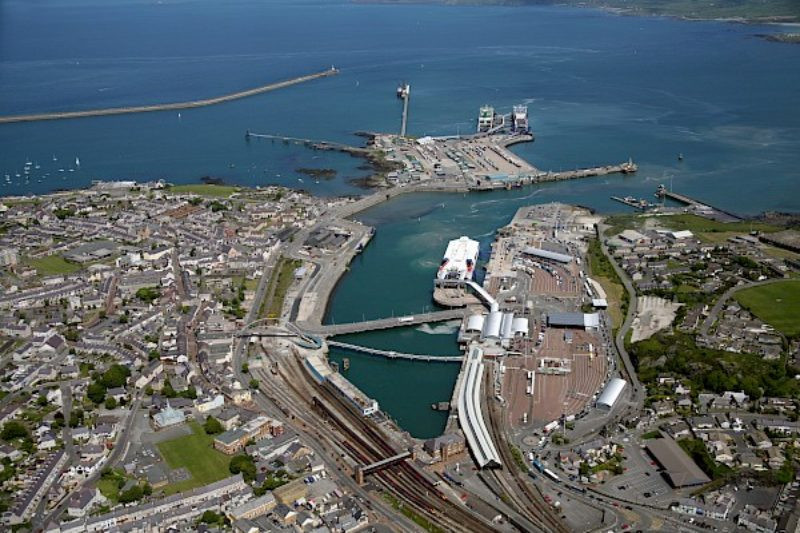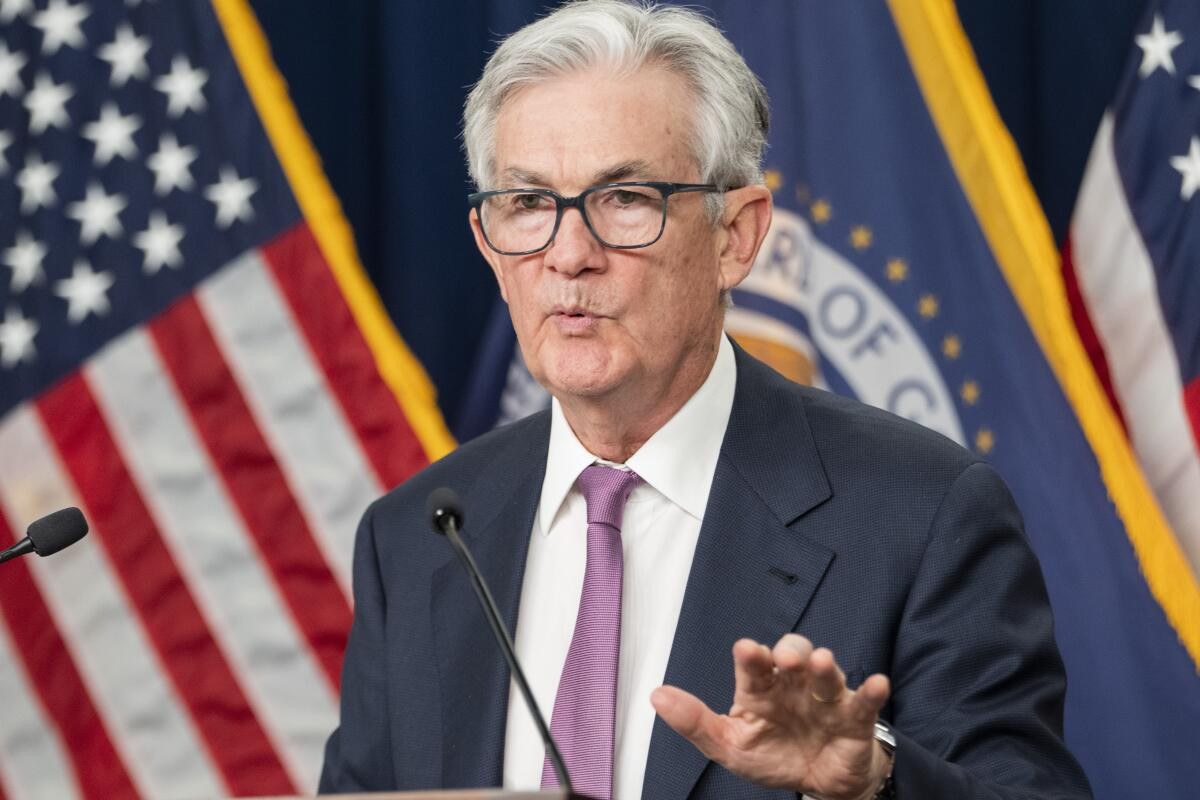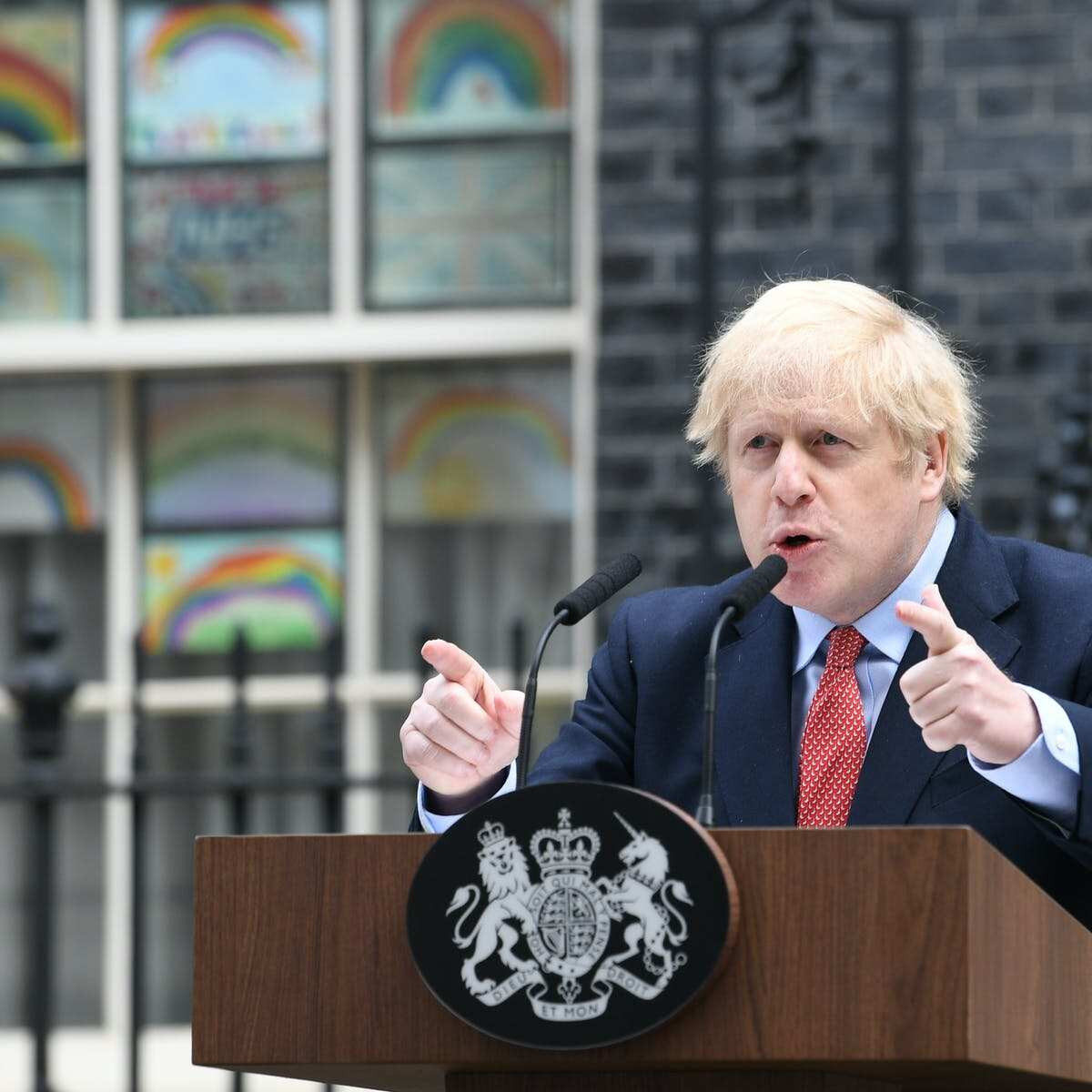Former Peruvian President Alberto Fujimori, whose complicated and painful legacy included stabilizing the country’s economy before being jailed for human rights violations and corruption scandals, has died at the age of 86.
“After a long battle with cancer, our father, Alberto Fujimori, has just departed to meet the Lord. We ask those who loved him to accompany us with a prayer for the eternal rest of his soul,” his daughter Keiko Fujimori said Wednesday night on X.
Fujimori had previously revealed he had been diagnosed with a new malignant tumor in May.
A deeply divisive figure in his country, Fujimori’s tenure in office brought the country back from the brink of economic collapse, and saw the defeat of a terrorist group that had destabilized the country.
But he was also a authoritarian leader who used security forces to crack down on opponents, and was later convicted of serious human rights violations and corruption.
Fujimori's Early Life and Rise to Power
The son of Japanese immigrants, Fujimori studied at an agricultural university in the Peruvian capital of Lima before traveling overseas for his graduate education in the US and France. Once back in Peru, he hosted a television show focused on environmental issues before launching a presidential bid in 1989 as the leader of a new party – Cambio 90 (“Change 90”) – eventually defeating future Nobel literature prize-winning author Mario Vargas Llosa.
His rise saw him join a small number of politicians of Asian descent to lead a non-Asian country.
Economic Reforms and the Defeat of Shining Path
Fujimori inherited a country in economic crisis. Soon after taking office, he implemented austere economic policies known as “the Fujishock,” which reined in hyperinflation. He also claimed victory over the Shining Path rebel movement, one of the oldest guerrilla groups in Latin America, after his government captured the group’s leader, Abimael Guzman, who was responsible for tens of thousands of deaths. Years later, his handling of a months-long hostage siege by another rebel group at the Japanese ambassador’s residence garnered him international praise.
The Authoritarian Streak and Corruption Scandals
For some Peruvians, Fujimori’s domestic victories transformed him from a political outsider to the strongman the country needed. But the former president had an authoritarian streak, using security forces to repress opponents. Soon, abuse of power and corruption allegations emerged and cast a dark shadow over his national achievements.
In the early 90s, Fujimori’s then-wife, Susana Higuchi, publicly denounced him as corrupt and claimed his family had illegally sold clothing donated to Japan. After the pair divorced, Fujimori installed the couple’s eldest daughter Keiko as Peru’s first lady ahead of his second term.
The Fall from Grace and Imprisonment
In 2000, Fujimori stood for an unprecedented third term in office despite questions about the constitutionality of running yet again. He won, prompting his main opposition candidate to claim election fraud. But his government crumbled spectacularly later that year, after videos of Vladimiro Montesinos – his powerful intelligence chief for over a decade – were leaked, showing Montesinos bribing an opposition congressman. The scandal quickly snowballed as numerous incriminating videos emerged.
Fujimori denied any wrongdoing, but his standing with the public began to shift. Many Peruvians were left unconvinced and insisted he must have been aware of his top aide’s abuse of power and embezzlement. That November, during a trip to Japan, Fujimori tried to quit the Peruvian presidency by sending a fax home announcing his resignation. The move threw the country’s political landscape into chaos. Days later, Peru’s congress instead fired him and labeled him “morally unfit” to govern.
He remained in Japan for a number of years, defiant that he would one day return to the upper echelons of Peruvian politics. In the mid-2000s, he traveled to Chile while preparing to stage a political comeback but was promptly arrested and eventually extradited back to Peru to face human rights abuse charges, among other alleged violations.
Fujimori has been in and out of prison over the last few years as a result of his declining health, after being convicted in four different criminal trials. In 2009, a special supreme court tribunal sentenced him to 25 years in prison for authorizing the operation of a death squad responsible for killing civilians.
In separate trials, the former president was also found guilty of breaking into Montesinos’ home to steal incriminating videos, taking money from the government treasury to pay the spy chief and authorizing illegal wiretaps and bribing lawmakers and journalists.
A Divided Legacy
Peru is holding a state funeral for former President Alberto Fujimori, capping three days of national mourning for the leader who died this week and spent time in prison for corruption and human rights abuses during his rule.
His daughter Keiko Fujimori spoke in front of a large photo of her father.
Many Peruvians credit Fujimori with stabilizing the economy through a programme of economic shock therapy and dismantling the fearsome Maoist rebel group Shining Path during his rule throughout the 1990s. But others see him as a corrupt, authoritarian figure whose abuses have scarred and weakened the country’s democracy ever since.
“It’s a shame because they’re recognising someone who was convicted and sentenced by the state itself for serious crimes,” Gisela Ortiz, the sister of a student killed during the Fujimori era, told local radio station Exitosa. Fujimori was convicted in 2009 on charges related to the murder of 25 people by government death squads during his tenure.
He was released by a Peruvian court due to his age in December in defiance of an order from the Inter-American Court of Human Rights.
He carried out a self-coup in 1992 that shuttered the legislature and judiciary, and his government oversaw a campaign of forced sterilisation that targeted women in the country’s poor and largely Indigenous rural areas.
A government Truth Commission has estimated that nearly 70,000 people were killed during the fight against Shining Path, a period of conflict that has left lasting scars in Peru. Still, the violence spread by the armed group, known in Spanish as Sendero Luminoso, was such that many Peruvians were willing to forgive the government’s own repressive tactics.
Campaigning as an unassuming political outsider against national literary hero Mario Vargas Llosa, Fujimori’s victory in the 1990 presidential election shocked the country. His fall was just as dramatic as his rise, with corruption scandals and the massacres by government death squads tarnishing his reputation.
He fled Peru after footage emerged of his spy chief Vladimiro Montesinos distributing cash to government officials, and he sent his resignation from Japan via fax in 2000.
A Legacy of Controversy
Fujimori's legacy is complex and contested. He is remembered by some as a strongman who saved the country from economic ruin and a brutal insurgency, while others see him as an authoritarian who committed human rights abuses and engaged in corruption. His death has brought renewed attention to his tumultuous rule and its lasting impact on Peruvian society. The debate over his legacy is likely to continue for years to come.
Fujimori's death has left a void in Peruvian politics. His daughter Keiko Fujimori, who has served as a leader of the conservative People's Force party, is now widely expected to be her party's presidential candidate in 2026. The country will continue to grapple with the legacy of Alberto Fujimori for years to come. It remains to be seen how his death will shape the future of Peruvian politics.




